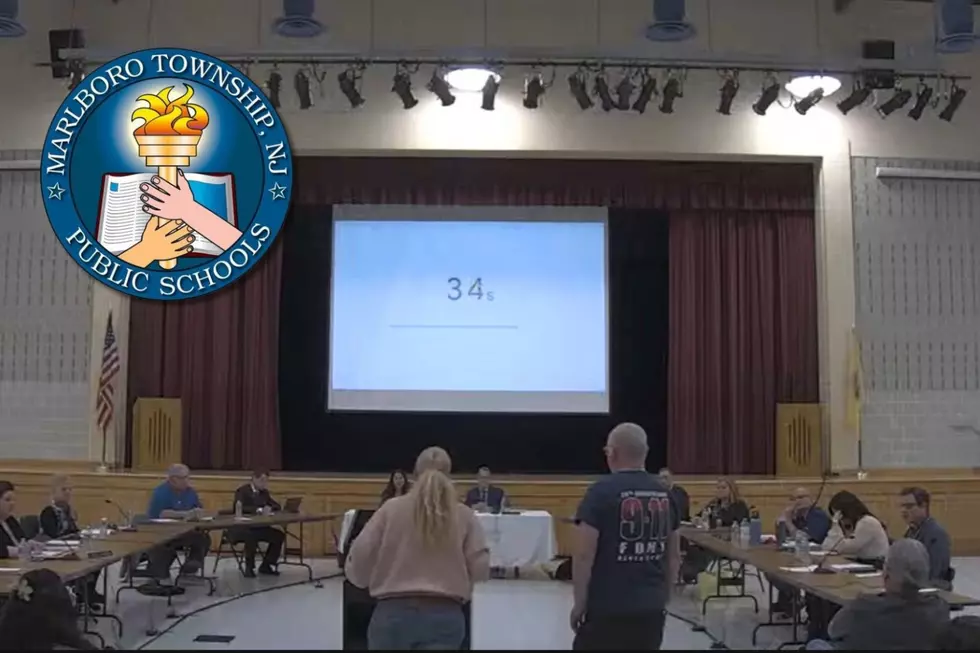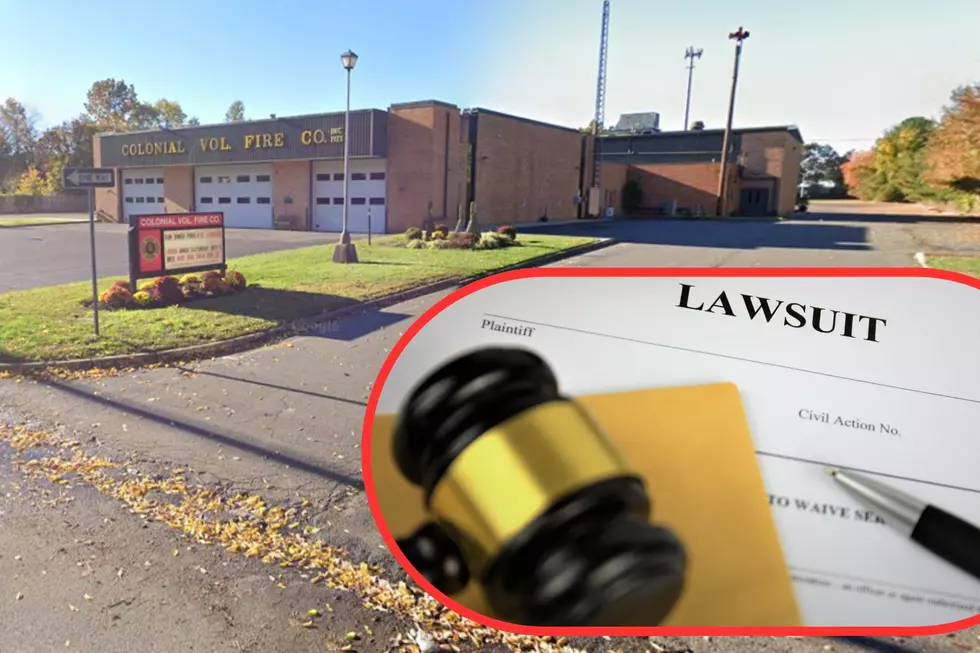
California water cuts move to those with century-old rights
SACRAMENTO, Calif. (AP) -- California farmers who hold rights to water that date as far back as the Gold Rush are bracing for their first state-ordered conservation in decades, as a record drought prompts some of the deepest cuts yet in the country's most productive agricultural state.
After telling cities and towns to slash use by 25 percent and curtailing water deliveries to some farmers and others, state officials said Wednesday they would start mandatory cuts this week to the state's oldest rights holders, historically spared from water restrictions.
Regulators said those first orders Friday will impact holders of century-old water rights in the watershed of the San Joaquin River, which runs from the Sierra Nevada mountains to San Francisco Bay and is one of the main water sources for farms and communities.
Meanwhile, a second category of senior rights holders - farmers who hold longstanding claims to water because their land lies along the waterways of the Sacramento-San Joaquin river delta - are making a surprise effort to stave off that kind of curtailment order.
They are offering to voluntarily reduce their water use by a quarter. Officials promised a decision Friday on that offer, which would yield on some of the most iron-clad water rights in California, as they try to chart a path forward for a state locked in its driest four-year period on record.
"For me, 25 percent I can handle," said Gino Celli, who farms 5,000 acres of tomatoes, alfalfa and corn in the delta. "Anything more than that, man, I'm done."
It is unclear whether the farmers' offer of voluntary cuts would go far enough to save waterways that are drying up around much of the state, following a winter of below-average rainfall and record-low snows in the Sierra Nevada.
Farmers use 80 percent of all water taken from the land in California. Senior water rights holders alone consume trillions of gallons of water a year, although the state doesn't know exactly how much water they use because of unreliable data collection.
Regulators don't have widespread remote sensors or meters to make sure water isn't diverted.
The cutback orders instead are enforced by honor system and complaints. Only a fifth of junior water rights holders already told to stop pumping from the San Joaquin watershed have confirmed they were complying, a water board official said Wednesday.
Agriculture experts say they expect only modest immediate impact on food prices from any cuts to the senior water-rights holders.
Farmers will likely use their limited water to grow valuable crops - like almonds - and less valuable crops - like alfalfa - will be grown outside of California, said Jay Lund, director of the Center for Watershed Sciences at the University of California, Davis.
The mandatory cuts scheduled for Friday would be the first to the state's senior-water rights holders overall since the 1970s, and first to senior water-rights holders along the San Joaquin in memory.
"This is challenging. It's not about making everyone happy," said Felicia Marcus, chairwoman of the state Water Resources Control Board, told participants at a public hearing Wednesday on the drought. "It's about figuring out how to make terrible choices in the most fair and equitable way possible."
Board Director Tom Howard said that whatever he decides on the farmers' offer will apply beyond the river delta to the entire basin of the Sacramento River, which supplies most of the surface water in the food-producing Central Valley and the drinking water to homeowners as far south as San Diego.
That deal would not apply to hundreds of other right holders with claims to water before 1914, among few groups spared cutbacks in four years of record dry, until now.
California's water rights system - which Gov. Jerry Brown acknowledges as "somewhat archaic" - is built around the claims staked in the 19th century. Nearly 4,000 companies, farms and individuals are first in line to receive water because they made claims to water before 1914 or have property touching a waterway.
The ranks of senior water-rights holders include the cities of San Francisco and Los Angeles and rural irrigation districts that supply thousands of farms.
Regulators haven't ordered those claimants to stop pumping since 1977, during the state's last major drought. That order applied only to dozens along a stretch of the Sacramento River, and the water board has since gained new power to punish those who illegally take water, including $10,000 daily penalties.
Delta farmer Rudy Mussi already has ordered tomato plants and prepared fields, and said he needs to know how often, or if, he can water them.
"Until the fine print is out, I don't know," Mussi said Wednesday about joining the farmers' offer of 25 percent cuts. "If I can make it work, hey, I'll do my darndest."
Brown has come under criticism for sparing farmers with senior water rights from the mandatory cutbacks. Increasing amounts of the state's irrigation water goes to specialty crops like almonds, whose growers are expanding production despite the drought.
Mandatory orders could put some farmers in the Delta east of San Francisco out of business, said John Herrick, manager of the South Delta Water Agency.
When the state cutback order comes, Herrick said, the farmers will immediately try to block it in court.
"That doesn't mean we'll win," Herrick said. "But that's what we'll do."
(© 2015 The Associated Press. All rights reserved. This material may not be published, broadcast, rewritten or redistributed)
More From New Jersey 101.5 FM









